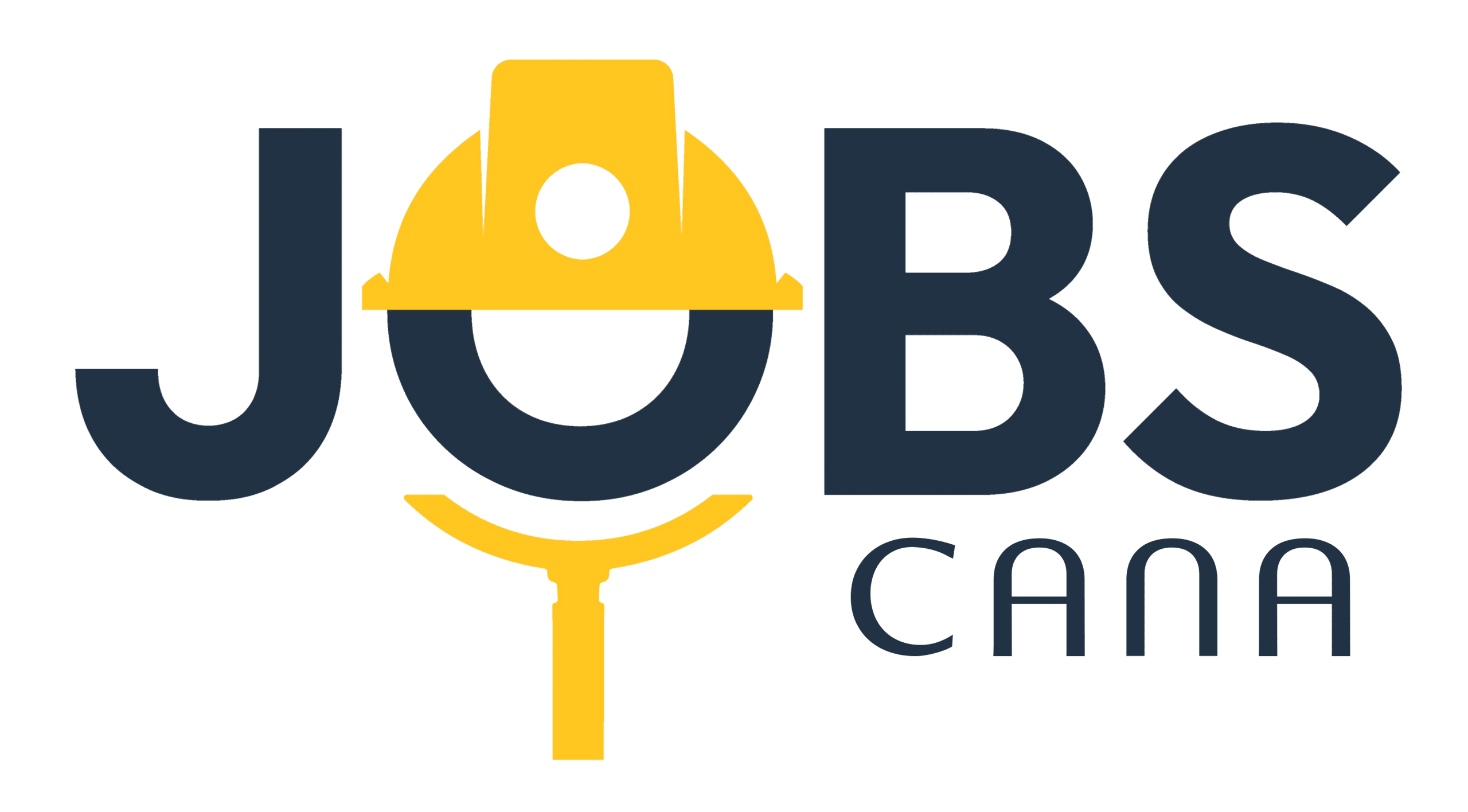Skill development is crucial for personal and professional growth. By focusing on honing your skills, you can unlock your full potential and achieve success. In this article, we’ll explore various aspects of skill development, including its importance, strategies, overcoming barriers, tracking progress, and future trends. Whether you’re a student, professional, or lifelong learner, understanding and applying these concepts will help you on your journey to continuous improvement.
Understanding the Importance of Skill Development
Skill development is crucial in today’s fast-paced world. It involves learning new abilities and improving existing ones to stay competitive. Emphasizing skill development helps you unlock your full potential and achieve success both personally and professionally.
Focusing on skill development enables you to adapt to changes in your industry. As technology evolves, new tools and methods emerge. Staying updated with these advancements ensures that you remain relevant and valuable in your field. Continuous learning helps you keep up with these changes and opens up new opportunities.
Moreover, skill development enhances your problem-solving abilities. By acquiring new skills, you become more versatile in your approach to challenges. This versatility allows you to find innovative solutions and make informed decisions. Strong problem-solving skills are essential for career advancement and personal growth.
Additionally, investing in skill development can boost your confidence. As you gain new competencies, you become more self-assured in your abilities. This confidence can lead to better performance at work and in other areas of life. It also makes you more attractive to potential employers, as it demonstrates your commitment to self-improvement and professional growth.
Another important aspect of skill development is networking. Engaging in learning opportunities often involves interacting with others who share similar interests. These connections can lead to valuable relationships and new opportunities. Collaborating with peers can provide fresh insights and perspectives, further enhancing your skill set.
Overall, skill development is essential for anyone looking to achieve their full potential. By continuously improving your abilities and staying updated with industry trends, you can unlock new opportunities, solve problems effectively, and build a successful career.
Top Strategies for Effective Skill Development

Personalized Learning
Personalized learning tailors education to individual needs, strengths, and interests. Using adaptive learning technologies, it’s essential to focus on areas where you need improvement. This approach ensures you understand and retain new skills effectively.
Setting Clear Goals
Establishing clear, achievable goals is crucial. Use the SMART framework (Specific, Measurable, Achievable, Relevant, Time-bound) to set milestones and track progress. By breaking down skills into smaller tasks, you can manage your time and workload better.
Regular Feedback
Incorporate regular feedback into your learning routine. Whether through self-assessment, peer review, or mentor guidance, constructive criticism helps pinpoint areas that need development. It keeps you on the right track and enhances your learning efficiency.
Hands-On Practice
Practice is key to mastering any skill. Engage in practical, real-world applications of skills to reinforce learning. Whether through simulations, projects, or workshops, hands-on practice improves retention and understanding.
Consistent Review
Revisit previously learned concepts regularly. Consistent review prevents the forgetting curve and ensures long-term retention. Schedule periodic revisions into your learning plan to solidify knowledge and skills.
Overcoming Common Barriers in Skill Development
Identifying the Most Common Barriers
One of the biggest barriers in skill development is fear of failure. Many individuals feel apprehensive about starting something new because they worry they won’t succeed. This mindset can be overcome by adopting a growth mentality and viewing failures as opportunities to learn.
Another common obstacle is time management. Juggling multiple responsibilities can make it hard to find time to focus on skill development. To counter this, create a structured plan and dedicate specific times during the week solely for learning and practice.
Access to Resources is another frequent challenge. Sometimes, people don’t have access to the necessary tools, courses, or mentors to help them improve their skills. Leveraging free online resources, joining communities, or seeking out mentors can significantly help in overcoming this hurdle.
Lack of Motivation can severely hinder skill development. Setting clear, achievable goals and documenting your progress can help maintain your enthusiasm. Celebrating small achievements also boosts morale and provides motivation to continue.
Overcoming Self-Doubt is crucial. Believing in your abilities and persisting despite initial failures will lead to success over time.
How to Track Your Skill Development Progress

Tracking your skill development progress is crucial to ensure you are on the right path and making continuous improvements. Begin by setting clear and specific goals. Break down larger goals into smaller, manageable tasks. Use a skill development plan to map out your progress over time.
Regularly review and assess your progress. Use metrics or key performance indicators (KPIs) relevant to your skills. These could include time spent practicing, test scores, or feedback from mentors.
Keep a journal or a log of your learning experiences. Document what you’ve learned, challenges encountered, and how you overcame them. This serves not only as a record but also as a motivation booster when you see how far you’ve come.
Using technology can also enhance your tracking process. Many apps and software are available to help you monitor your progress. They can provide insightful analytics, reminders, and even suggest ways to improve.
Seek feedback from peers and mentors. External insights can offer new perspectives and highlight areas you might have overlooked. They can also provide encouragement and accountability.
Finally, celebrate your achievements no matter how small. Recognizing your progress motivates you to keep going, providing the momentum you need to continue developing your skills.
The Future of Skill Development: Trends and Predictions
The Rise of Digital Learning Platforms
The landscape of skill development is rapidly changing thanks to the rise of digital learning platforms. Online courses and tutorials provide learners with flexible scheduling and a wide range of subjects. These platforms often include interactive elements like quizzes and forums to enhance the learning experience.
Focus on Soft Skills
While technical skills remain crucial, companies are increasingly focusing on soft skills such as communication, leadership, and emotional intelligence. These skills are harder to automate and play a key role in team dynamics and project success.
Artificial Intelligence and Machine Learning
Artificial Intelligence (AI) and Machine Learning (ML) are becoming essential in various industries. Upskilling in these areas will be vital for job security and career advancement. Many platforms offer specialized courses to help professionals transition into these fields.
Personalized Learning Experiences
Personalization is a significant trend in education. Adaptive learning technologies tailor educational content to the individual’s needs and pace, making the process more efficient and engaging. This approach helps learners focus on areas where they need the most improvement.
Microlearning
Microlearning involves breaking down complex subjects into smaller, manageable segments. This method helps learners to absorb information more efficiently and retain it better. It is particularly useful for busy professionals looking to learn new skills with limited time.
Gamification
Gamification incorporates game elements into the learning process to increase engagement and motivation. Points, badges, and leaderboards make learning more interactive and fun, helping to sustain interest over longer periods.


 Professional Growth: Unlock Secrets to Accelerate Your Career
Professional Growth: Unlock Secrets to Accelerate Your Career  Online Portfolio: Boost Your Career with a Stunning Showcase
Online Portfolio: Boost Your Career with a Stunning Showcase  Career Planning: Your Guide to a Successful Professional Path
Career Planning: Your Guide to a Successful Professional Path